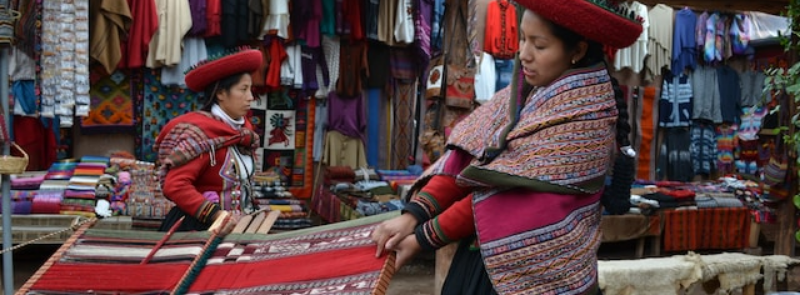
When It Occurs
Every August 9th
Official Website
Timeline
Days Passed (928)
# Hashtags
#InternationalDayOfTheWorldsIndigenousPeoples #HumanRights
Annually observed on August 9th, the International Day of the World's Indigenous Peoples was established by the United Nations General Assembly in 1994 to promote awareness of the rights of indigenous people and acknowledge their global contributions.
This day also commemorates indigenous peoples and their wealth of knowledge. In 2023, the theme is "Indigenous Youth as Agents of Change for Self-determination." It serves as a reminder to appreciate the cultural legacy, languages, customs, and unique perspectives that indigenous communities bring to the world.
Background and History
-
Origin: The United Nations (UN) established the International Day of the World's Indigenous Peoples in December 1994 through Resolution 49/214. The day aims to recognize and celebrate the unique cultures, languages, traditions, and contributions of indigenous peoples globally.
-
Date: International Day of the World's Indigenous Peoples is observed on August 9th each year. This date marks the first meeting of the UN Working Group on Indigenous Populations in Geneva in 1982.
Objectives
-
Raise Awareness: The day raises awareness about the challenges faced by indigenous peoples, including human rights abuses, discrimination, marginalization, and loss of traditional lands and resources.
-
Promote Indigenous Rights: It promotes the protection of indigenous rights, cultures, languages, and traditions, and advocates for their inclusion in decision-making processes that affect their lives and communities.
-
Celebrate Diversity: International Day of the World's Indigenous Peoples celebrates the rich diversity of indigenous cultures and acknowledges their valuable contributions to global heritage and sustainable development.
Themes and Focus Areas
-
Annual Themes: Each year, the UN selects a specific theme for the International Day of the World's Indigenous Peoples to focus global attention on key issues facing indigenous communities. Themes have included indigenous languages, health, education, youth, and sustainable development.
-
Global Focus: The day provides a platform for indigenous peoples, governments, UN agencies, civil society organizations, and the general public to discuss and address challenges and opportunities related to indigenous rights and well-being.
Activities and Events
-
Commemorative Events: On International Day of the World's Indigenous Peoples, various events are organized globally, including cultural performances, art exhibitions, workshops, seminars, and panel discussions.
-
Advocacy Campaigns: Indigenous organizations and human rights activists use the day to advocate for policy changes, legal reforms, and initiatives that promote indigenous rights and empower indigenous communities.
-
Education and Outreach: Schools, universities, museums, and community centers often host educational programs and activities that raise awareness about indigenous cultures, histories, and contemporary issues.
Achievements and Challenges
-
Progress: Since its establishment, the International Day of the World's Indigenous Peoples has contributed to greater recognition of indigenous rights and increased advocacy for inclusive policies and programs.
-
Challenges: Challenges remain, including land rights disputes, environmental degradation, economic disparities, and ongoing efforts to combat discrimination and promote social justice for indigenous peoples.
How You Can Support
-
Educate Yourself: Learn about the histories, cultures, and current issues facing indigenous peoples in your region and globally.
-
Support Indigenous Causes: Advocate for indigenous rights, support indigenous-owned businesses and artisans, and engage in initiatives that promote cultural preservation and sustainable development.
-
Amplify Voices: Use your platform to amplify the voices of indigenous leaders and activists, share their stories and perspectives, and advocate for policies that respect and protect indigenous rights.
Conclusion
International Day of the World's Indigenous Peoples serves as a reminder of the importance of respecting and protecting the rights, cultures, and contributions of indigenous peoples worldwide. By raising awareness, promoting dialogue, and advocating for inclusive policies, individuals and organizations can contribute to advancing justice, equality, and empowerment for indigenous communities in pursuit of a more just and equitable world.


